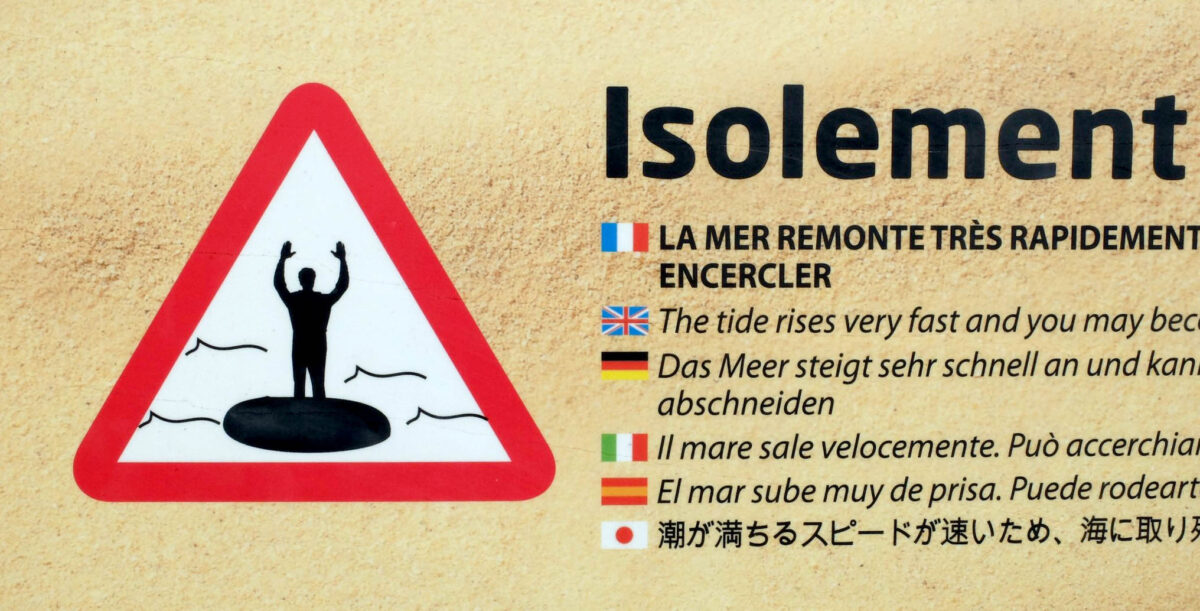“Extraordinary”, “weird” and “unprecedented” seem to be watchwords of the times we are living through. I keep hearing people describe the present, and situations that arise using these and similar expressions, perhaps to remind ourselves that it is okay not to know exactly how we should be responding. We encourage each other to “stay safe”, although I can’t help but notice a little spike of anxiety whenever I hear it. Battling a foe as nebulous as COVID-19 is anxiety provoking, as we naturally seek certainty, which is scarce at this stage.
In this context, my clinical psychology team has been asked to support fellow hospital staff, through direct work with individuals, groups and teams, via resource development and dissemination, and by teaching psychological techniques. As part of this, I recently completed the Coursera Psychological First Aid (PFA) Course by George Everley Jr., PhD., at Johns Hopkins University. This was to get a sense of the level of support and intervention appropriate at the surge stage of a disaster and augment the team’s ability to support staff directly and indirectly.
PFA is intended to be used in the immediate aftermath of a disaster’s occurrence, being similar in relation to full psychotherapeutic support as basic first aid might be to the practice of medicine. The hope is to stabilise and stop further damage, but not to intervene in depth, as it is possible that this might interfere with someone’s natural recovery, potentially leading to worse outcomes if offered too soon. The Coursera PFA Training uses the acronym RAPID to cover the stages of PFA:
Rapport and reflective listening
Assessment – who might need assistance?
Prioritisation – a triage of who needs help first?
Intervention – what could stabilise and mitigate distress?
Disposition – end contact and arrange follow up if appropriate.
“Psychological tests are certainly important, but never forget that there is nothing more powerful than the well-phrased question.”
Dr Henry Murray
Rapport had me reflecting on how I go about establishing rapport in my usual clinical practice, and this was helpful. Reference was made to Aristotle’s assertion that there are three elements to discourse: logos, or a sense of logic and rationality, ethos, or a sense of credibility, and pathos, the communication of an emotional payload. The road to logos is paved with pathos. Perhaps some of our world leaders would benefit from some reading or training around empathy to help them to connect with their people. On a more positive note, I was reminded of this excellent short explanation of empathy by Brené Brown:
Assessment is designed to be a common sense exploration of people’s basic physiological and psychological needs. Following a disastrous event, people can fall into one of three groups. About one in ten falls into the Eustress group: these people thrive in the crisis, actually finding it galvanises and motivates them into action. Distress is described as being relatively benign, even if people might be experiencing nightmares, confusion and difficulties with concentration, and reliving upsetting experiences. Emotionally, they might be feeling anger, sadness and significant anxiety. The emphasis here is on monitoring, and not interrupting the natural recovery process. Dysfunction is linked with severe impairment, and incapacitation. Confusion might be incapacitating, accompanied by suicidal or murderous thoughts, panicky emotions, numbing and withdrawal. There might be heightened risk-taking or self-medication, and an absence of self-care. There may also be significant physical manifestations of distress: bowel upsets, paralysis, speech loss and unconsciousness. From one in twenty up to one in two people might fall into this category, and the impetus here is to take action.
Prioritisation is a rapid triage to determine who is in greatest need of help. Reference is made to Maslow’s hierarchy of needs, with close attention to the basic needs on the two lowest levels: physical needs and safety, both of which may be compromised in the aftermath of a cataclysmic event. Triage is conducted using two main methods: firstly the acute crisis triad: do affected individuals have diminished cognitive abilities, engage in impulsive self-defeating behaviour or show reduced functioning? Secondly, the 3-Ds of risk-based triage are used: has the person witnessed or felt at risk of Death? Are they Displaced from their family or home? Have they been hit with a Disabling impact, such as a severe injury or dissociation responses. These are all factors that would lead to prioritisation.
Intervention is seen as realistically reaching up to fifteen people per day, although this would change depending on context. The priorities are to attend to a person’s basic needs, mitigate their acute distress, and restore their ability to function, where possible. If people are distressed, then supporting their ability to function is achieved via normalising their response, reassurance, and reframing where possible, and offering stress management strategies. If people are affected to the extent that their psychological stability is compromised, then a more pragmatic approach of removing any immediate triggers, distracting them and perhaps giving them a task is recommended.
Disposition, as opposed to discharge, is ending the contact, with the option of arranging to meet again if needed. Further contacts would be in a similar vein – checking in, listening to the person, and supporting basic needs as required. Signposting is also key at this stage, to get people engaged with available resources, such as friends and family, charity organisations, helplines, financial support and faith-based organisations. If more than three sessions seem to be needed, this would suggest that more specialised help is required.
RAPID PFA is designed to guide the process of stabilising, mitigating further damage and supporting people to find help as needed, preferably from within their community, in the immediate aftermath of disastrous episodes. It was interesting to note that the main challenge George Everley has with mental health clinicians is holding them back from doing full-blown diagnosis / formulation and intervention, whereas with first responders it is supporting them to recognise when people most need PFA.
In the NHS, it may well be that the prevailing nature and culture of staff means that people might be inclined to forego their own needs, at the risk of burning out, developing compassion fatigue and feeling guilty for not being able to fix everything. This brought to mind the balance in Acceptance and Commitment Therapy between committing to valued action, and accepting aspects of reality that you cannot change or control, and how COVID-19 may have shifted the balance between the two somewhat. Adjusting to this is likely to take time. The final section on self-care and recognising signs of burnout was well-placed, encouraging people to self-monitor for signs of cynicism, pessimism, fatigue and procrastination. I couldn’t help but wonder at this point whether a fair few non burnt-out Brits might well be given false positives by a practitioner from the States!
Looking out for each other is hugely important, and in the current situation, seeking clarity where it is possible would help: things like physical and practical protection, the nature of a redeployed role, how to travel whilst minimising infection risk to self and others. At this stage, clear time frames are impossible to discern, but contingency plans are in place and communicating those will help to give people at least some sense of containment. Finding the resources and support within a given population is key to PFA, and this could be within a community, a hospital, or an organisation. With COVID-19, we really are all in this together, with wide-reaching impacts on our livelihoods, national and international economies, increased social isolation, and whilst some of us are more at risk than others, we can all do our bit to keep everyone safe.

